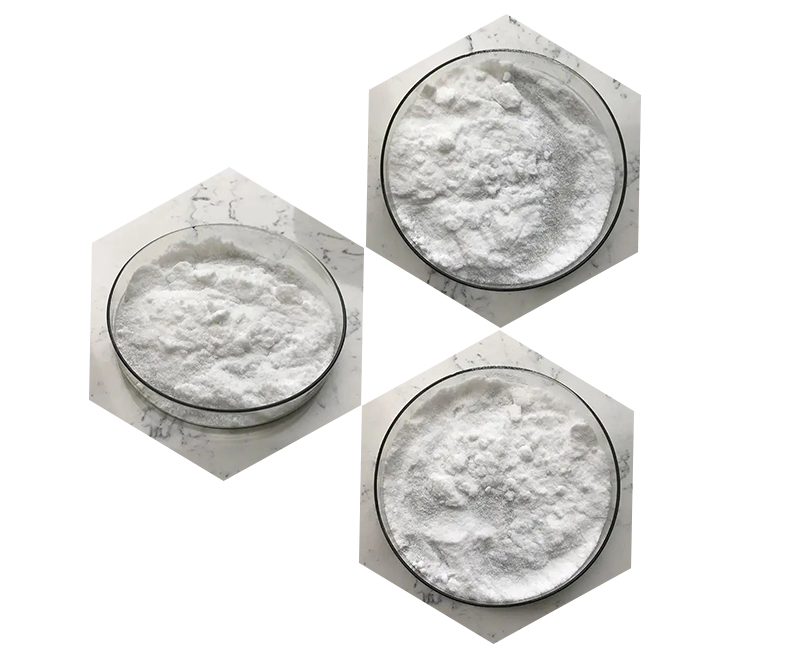Spermidine is a natural compound found in various foods, and some studies suggest it may have potential health benefits. However, it’s essential to note that scientific research on spermidine is still in the early stages, and more evidence is needed to fully understand its effects. If you’re considering using spermidine for potential health benefits, here are some general guidelines:
1.Dietary Sources:
Spermidine is found in various foods, including aged cheese, soybeans, whole grains, legumes, and certain fruits like oranges.
Include spermidine-rich foods in your diet to obtain it naturally.
2.Supplements:
Spermidine supplements are available, but it’s crucial to consult with a healthcare professional before adding any new supplement to your routine.
Follow the recommended dosage on the supplement label, and do not exceed it without guidance.

3.Consultation with Healthcare Professional:
Before using spermidine supplements or making significant changes to your diet, consult with a healthcare professional.
They can provide personalized advice based on your health status, medical history, and any potential interactions with medications.
4.Balance and Variety:
Maintain a balanced and varied diet to ensure you get a wide range of nutrients and not rely solely on one compound.
5.Stay Informed:
Keep an eye on emerging research regarding spermidine to stay informed about any new findings or recommendations.

6.Potential Benefits:
While research is ongoing, some studies suggest that spermidine may have anti-aging and cardiovascular benefits. However, these findings are not conclusive, and more research is needed.
Remember that individual responses to supplements can vary, and what works for one person may not work for another. Always prioritize overall healthy lifestyle choices, including a balanced diet, regular exercise, and sufficient sleep.
If you have specific health concerns or conditions, it’s crucial to seek guidance from a healthcare professional who can provide tailored advice based on your unique circumstances.
